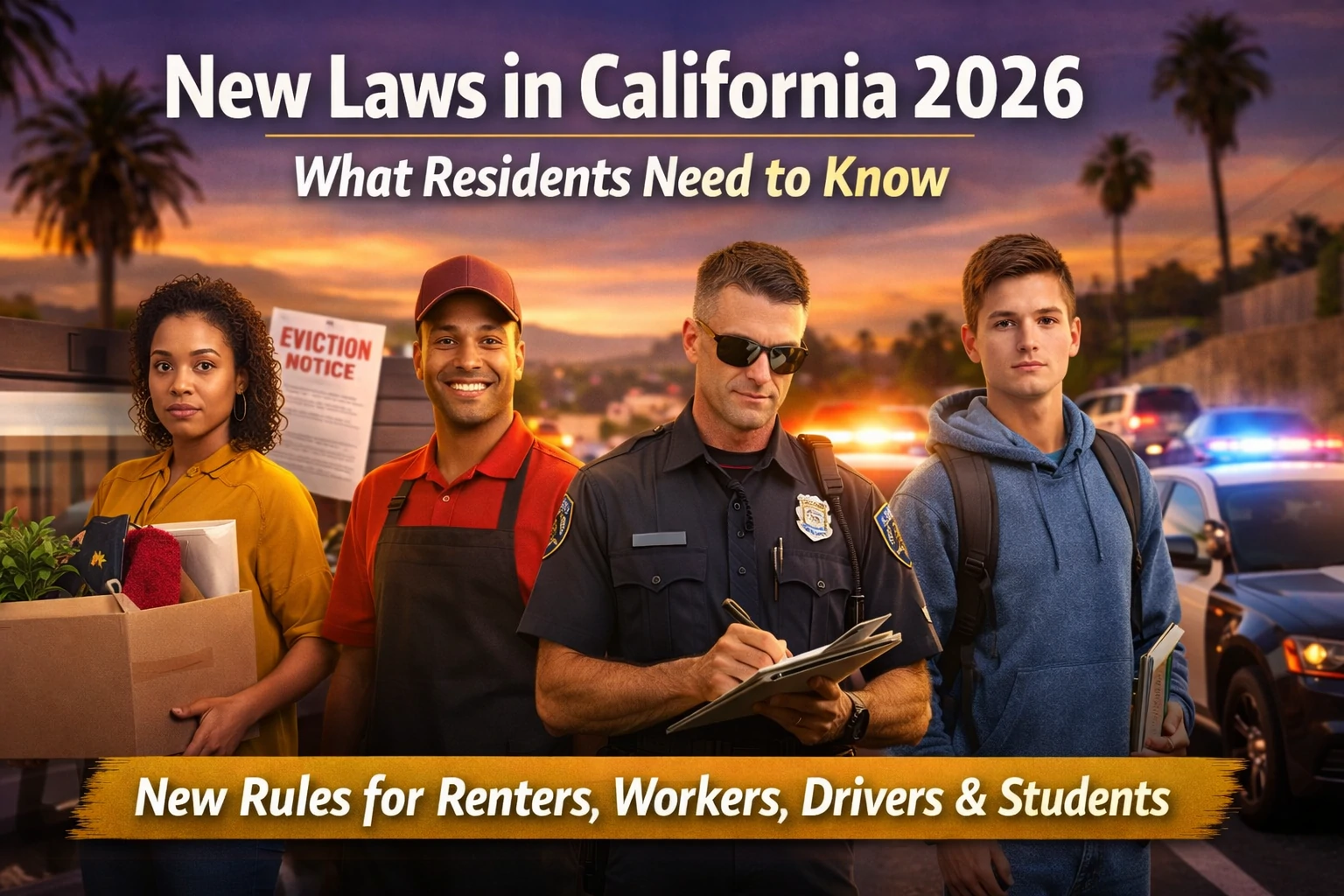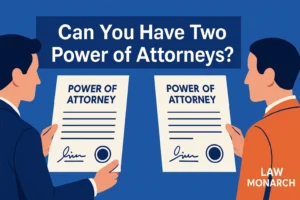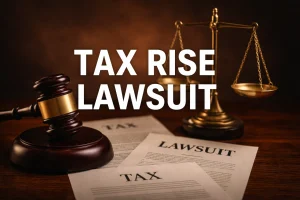California enters 2026 with ongoing legal reforms. Many rules from 2025 still shape daily life, and new updates now add to the change. These new laws impact renters, drivers, workers, parents, and students. Some fix long-standing issues. Others address rising concerns. State leaders want to protect the public, improve safety, and promote fairness.
Many people do not know what changed in 2025. This leads to stress, late actions, and costly errors. Some lose rights without warning. Quick news and short posts leave out key facts. You need clear details, not half the story.
This guide breaks down the key changes in clear, simple language. It covers housing, jobs, schools, roads, technology, and the environment. These laws affect everyday life. Read closely and stay informed. Knowing the rules now can help you avoid problems later.
Housing Protections for Tenants and Families
California expanded tenant protections to help renters stay in their homes. The rent cap law now covers more buildings. Units built before 2010 fall under this rule. Rent increases must stay within 5% plus inflation. Landlords cannot go above this limit.
Another change involves eviction notices. Tenants must now get a full 60 days’ notice for no-fault evictions. This includes lease terminations where the tenant did nothing wrong. This gives more time to plan and move safely.
Families with children now receive extra protection. If a child under 18 lives in the home, landlords must offer a fix-it option before starting an eviction. This law helps families avoid sudden loss of shelter due to small problems.
These changes aim to keep people in stable housing. Rents have increased across the state. These new laws try to slow that rise and give renters more security.
Wage Increases for Fast Food Workers
Fast food chains must now pay higher wages. Workers in large chains, with more than 60 locations, must earn at least $20 per hour. This law applies statewide and went into effect in 2025.
Many workers said their pay was too low to survive. California responded with a clear rule. The law helps thousands of people who work in kitchens, drive-thrus, and counters. It covers all job titles within qualifying restaurants.
The law also gives workers more rights. Employers must share schedules at least two weeks in advance. Workers can earn bonus pay if their shifts change without warning. This ensures fair treatment and prevents abuse.
These rules set new labor standards. Other industries may follow. Lawmakers wanted to show that low pay and unstable hours are no longer acceptable in California.
New Rules for Digital Use and Teens
Teenagers spend hours on social media. Concerns about safety and screen time pushed lawmakers to act. California now requires social platforms to seek parent approval before anyone under 16 can create an account.
Privacy also matters. All accounts owned by users under 18 must default to private mode. Companies cannot track their activity or serve them behavior-based ads. The law puts safety first.
Platforms must now show warnings after 90 minutes of daily use. This nudges teens to log off and take breaks. These new limits will affect how apps work in California.
Families must stay alert. These rules shift some power back to parents. Teens and children will face tighter controls online. Platforms that ignore these laws face large fines.
Tighter Traffic and Road Safety Laws
California made key updates to its traffic laws in 2025. These rules remain active in 2026 and affect drivers across the state. The biggest change involves speed cameras. Cities can now install them in high-risk areas. Tickets go directly to the car’s owner. There’s no need to pull over drivers. This makes enforcement faster.
Another law targets phone use. Drivers cannot hold a phone—even when stopped at red lights. Voice commands and mounted devices are still allowed. This rule aims to reduce crashes caused by distracted driving.
Motorcycle lane splitting rules also changed. Riders cannot go more than 10 miles per hour faster than surrounding traffic. If they do, police can stop them.
Bicyclist safety saw new support too. Drivers must now leave at least three feet of space when passing cyclists. This protects riders from close calls and side collisions.
Drivers across the state must adjust fast. These changes focus on safety, speed, and attention behind the wheel.
School Law Changes That Affect Students and Parents
Public schools across California must now provide free meals to all students. This includes breakfast and lunch. There is no longer a need to prove income. The goal is to support learning and fight hunger.
Another major law allows two mental health days per semester. Students can use them just like sick days. Schools must excuse them. Parents do not need to share private health details.
Classroom phone use now faces strict rules. Students must keep phones off during lessons unless allowed for study. Teachers and schools can take phones if students break the rule.
Artificial intelligence also drew attention. Students cannot use AI to write essays or homework. Schools can reject work created with these tools. Teachers can assign a failing grade if caught.
These changes create structure in school life. They also support health, fairness, and honest learning.
Gun Safety Rules Now Stronger
Gun laws continue to change. In 2025, California raised the age limit for gun buyers. You must now be 21 to buy any firearm. This includes long guns and handguns.
Smart technology became mandatory. All new handguns sold must use fingerprint or code-based safety locks. Gun stores must offer at least one smart gun model at all times.
California added strict gun safety rules in 2025. If you live with children, you must store your gun in a locked safe. Breaking this rule can lead to a fine or even jail.
The state also set a limit on online ammo orders. Buyers can only receive 500 rounds each month. Larger orders must be reported to the state.
These laws aim to reduce accidents and keep guns out of the wrong hands. Lawmakers want safer homes and stronger rules across all communities.
Laws That Support the Environment and Clean Energy
California now bans gas-powered lawn tools. This includes leaf blowers and trimmers. People must use electric or manual versions instead. The goal is to reduce noise and cut air pollution in neighborhoods.
Water use rules also tightened. Homeowners may only water lawns twice a week during hot months. Cities can fine anyone who breaks this rule. The fine starts at $250.
Every new home built in California must include solar panels. Builders who skip this must pay a fine. The state wants clean energy to be the default.
Drivers who buy electric cars get help too. California offers a $4,000 tax credit for new EVs. Used EV buyers can get $2,000. Buyers must live in the state for one year to qualify.
These laws protect natural resources. They also push people toward cleaner tools and energy options.
Health Laws to Improve Access and Safety
California capped insulin prices. No one should pay more than $35 per month. Pharmacies must follow this rule.
Outdoor workers got better heat protections. Employers must give shade, water, and extra rest when temperatures rise above 90 degrees. This saves lives during extreme heat waves.
Over-the-counter drugs like painkillers must use child-safe packaging. Labels must warn users about overdose signs. The new rules aim to stop accidental harm.
These health laws focus on safety and fairness. They show that the state values human life and access to care.
Gig Workers Receive New Legal Rights
California now gives unemployment benefits to gig workers. Drivers for apps like Uber and DoorDash qualify under the new law. These companies must pay into the state system. This rule helps workers stay afloat during slow times or emergencies.
Apps must show full pay, including tips, before a worker accepts a job. This makes it easier to choose better jobs and plan workdays.
Workers can also log off after 12 hours without losing future access. This means apps cannot punish people for needing a break.
These rules create balance. Gig work offers freedom, but it should also offer security. Lawmakers want to build fairer treatment across platforms.
Final Thoughts: What to Know in 2026
California continues to update its legal system in 2026. Many changes from 2025 still apply, while new ones are taking effect. These laws shape how people live, work, study, and move across the state…
These laws touch daily life. If you rent, drive, work, study, or shop online, they matter to you. Knowing your rights helps you avoid trouble and make smart choices.
Now is the time to check your lease. Ask your school about new phone rules. Review your job hours and pay. Make sure you follow the latest traffic laws. Share this information with others.
California moves fast. Stay alert, Stay safe, Stay informed.
Common Questions
Q. Who feels the most impact from these new laws?
These changes reach renters, drivers, workers, students, parents, and business owners throughout California.
Q. Did the rent control law expand to all buildings?
The rule now covers units built before 2010. Newer buildings still remain outside the cap.
Q. How much time do tenants get before a no-fault eviction?
Landlords must now give 60 days’ notice. This helps renters prepare and find a new home.
Q. Do fast food workers now get higher pay?
Workers at large chains must earn at least $20 per hour under the new state law.
Q. Can teenagers still use social media?
Teens under 16 need parent approval to create an account. Platforms must also set their profiles to private.
Q. What is the rule for phones while driving?
Drivers cannot touch or hold phones at any time. Hands-free tools are the only legal option.
Q. Do all students get free meals at school now?
Public schools must now offer free breakfast and lunch to every student, no matter their background.
Q. What if I own a gun and live with children?
Guns must stay locked in a secure safe at all times if children live in the home.
Q. Is there a new limit on ammo orders?
Buyers can receive no more than 500 rounds each month from online sellers. Large orders get reported to the state.
Q. Do gig workers now get unemployment benefits?
Workers who meet basic job hour rules now qualify for state unemployment help.
Q. Must all new homes now include solar panels?
Builders must install solar panels on all new homes. Skipping this rule brings fines.
Q. Are there more benefits for electric car buyers?
Drivers can now get up to $4,000 off new EVs and up to $2,000 off used ones through tax credits.
Q. Where can I check these laws in more detail?
You can visit California’s official state websites or contact a local legal aid center.
Learn more about child safety requirements in our detailed guide on California car seat law.




